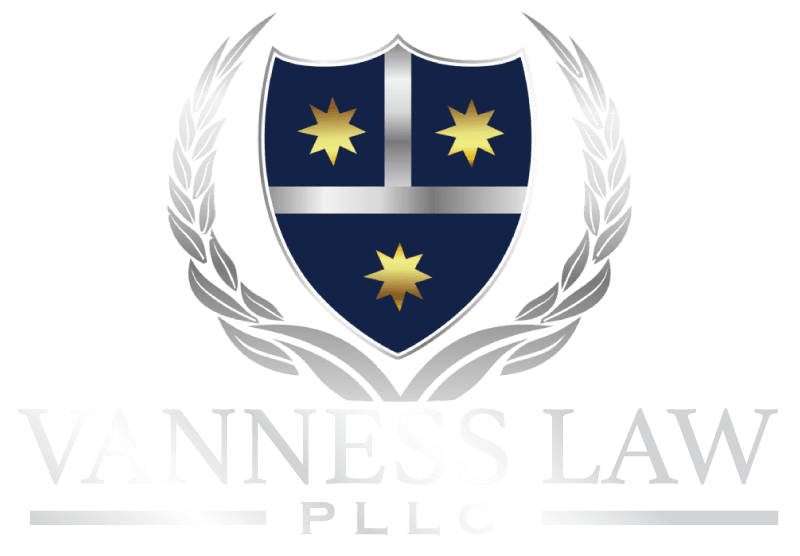
ASSET PROTECTION
A lawsuit is filed for every 1 out of 10 people each year in the United States. We are attorneys, and even we don’t like most attorneys. The legal system is extremely inefficient, expensive and often times unfair. Our clients rely on us to help them structure their assets so that if disaster strikes, they are protected.
Lawsuits are a part of life and business. In order to continue to grow, risks often have to be taken. When you take risk (and even often times when you don’t) lawsuits are inevitable.
No where in the Law does it say that you have to structure your financial affairs in a way to make it easy for a creditor to reach your assets.
VanNess Law PLLC can educate you on traditional and modern asset protection tools and strategies to protect your assets from lawsuits, claims, and judgements. This may include:
- Maximizing use of State Statutory Exemptions
- Limited Liability Companies (LLCs)
- Limited Partnerships (LPs)
- Holding Companies
- Management Companies
- Multi-Tiered Entity Structures
- Offshore and Domestic Asset Protection Trusts
- Special Power of Appointment Trusts
- Land Trusts
- Equity Stripping
- Cross Collateralization
- Protective Contractual Agreements
At VanNess Law PLLC, we have never had our asset protection structures pierced - either cases are never brought, cases are dropped or settled on the client’s terms.
Lawsuits Can Happen for a Number of Reasons, including:
| Divorce | Lawsuits from Business Partners | Creditor’s Claims | Serious Injury or Death Caused by a Drinking Guest |
|---|---|---|---|
| Serious Injury or Death Caused by Your Teenager or Animal | Serious Injury or Death on Your Property | Personal Guarantees | Contractual Obligations |
| Employment Lawsuits | Regulatory Liability | Environment Liability | Product Liability |
| Shareholder and Member Liability | Changes in Business Circumstances | Liability of Managers and Directors | Liability from Unsatisfied Customers |
How many people know which assets they own are protected and what they may lose if they were to get sued? The truth is, not many. This is a mistake.
The law provides numerous tools to protect our hard earned assets. Some of these tool are even free and require very little effort to take advantage of.
So why don’t more people take advantage of asset protection planning? For most, a lack of knowledge. They simply don’t know these laws exist, or by the time they know they exist, it’s too late.
The legal system favors those who structure their assets intelligently. Every person should understand which of their assets are currently protected from creditors and which assets are exposed.
If assets are exposed, consideration should be given to whether there are legal strategies to protect those assets.
4 Key Concepts of Asset Protection
Anonymity
If someone is considering suing you, typically the first thing they will do is try to figure out if you have assets they can recover against.
As Asset Protection specialists, we use legal strategies (such as land trusts, management companies, and companies set up in specific jurisdictions) so that your assets are extremely difficult or impossible for someone else to find.
Separate Legal Title From Beneficial Ownership and Control
Nelson Rockefeller once said “The secret to success is to own nothing, but control everything.” We do this through using trusts to own your assets instead of you owning the asset directly. Domestic and offshore trusts provide unparalleled protection.
Charging Order
Protective Entities
Certain business organizations in specific jurisdictions only allow a creditor with a judgment to a “charging order.” A charging order only permits a judgment creditor to assume the role of an assignee and await distributions intended for the debtor from the entity.
Because it is the exclusive remedy, this means that the creditor cannot make any management decisions or force any distributions. Thus, the creditor has nothing more than a piece of paper giving the creditor any member distributions, if any are made.
Because the debtor has control over distributions, the debtor will not make any distributions given this scenario.
Isolating Risks
from Assets
If an asset (such as an operating business) has risk associated with it, its ownership should be separated from valuable assets like cash, securities, and real estate.
That way, if there is a lawsuit brought against the operating business, the other valuable assets cannot be reached.



